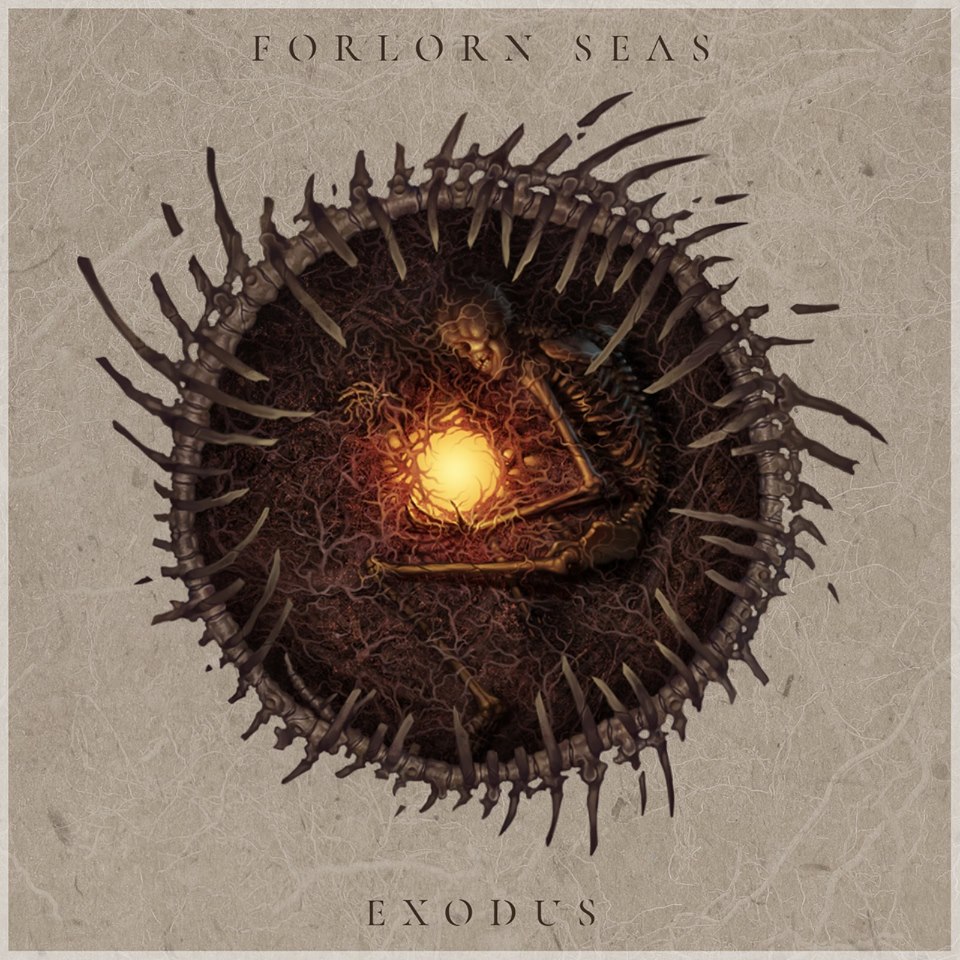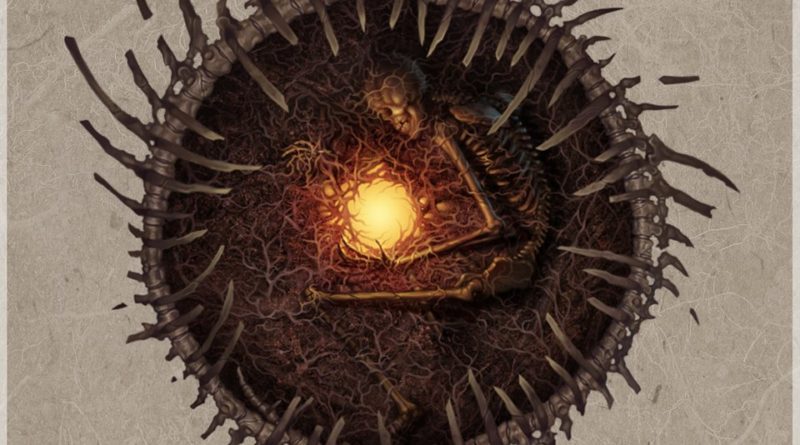ALBUM REVIEW: Exodus – Forlorn Seas
Post-metal, for all the good it can do, is often at risk of falling into tiresome repetition and happily retreading the same dirt. FORLORN SEAS may not be taking the style into wildly, experimental areas, but armed with chops lifted from progressive rock like that produced by both ’70s icons such as YES and modern day heavyweights like MASTADON, they do a great deal to drive distance between them and other purveyors of this sound.
FORLORN SEAS‘s debut full length, Exodus, is nothing particularly ground-breaking, with bands such as OCEANSIZE and PELICAN having moulded delectable progressive-post rock in the past, but it allows the music to move with a sublime grace, rather than feel like a dirge. It settles into infectious grooves and rhythmically, the album boasts a fluid, math-rock flavour, not unlike MINUS THE BEAR or THE MARS VOLTA.
Exodus is an excellent presentation of the talent within this group; before one even begins to judge the song-writing, the talent abundant here is something to behold. It often takes a group of musicians many years to establish chemistry among themselves; FORLORN SEAS suffer from no such issue. Having only been a band for three years, it is astounding to witness the band shuffle in perfect time, twisting and snapping with joyous cohesion.
One of the few aspects of post-rock and post-metal than many believe to be totally non-negotiable is the song-structure – the ongoing, laborious strive towards crescendo. The template was seemingly carved in stone in the mid-90s during the second-wave of post-rock with hands like MOGWAI and GODSPEED YOU! BLACK EMPEROR. Many are quick to forget the genre’s first-wave of bands, made up of SLINT, TORTOISE, TALK TALK and FLYING SAUCER ATTACK, were far more inventive than this. Songs could start crushingly loud then disappear into the void. They could spend their entire duration calling quietly from the abyss, or echoing a cacophony of destruction. This lack of boundaries is present on Exodus, and despite being an older idea, the lack of familiarity allows the music to feel fresh and full of life.
While the entire record flows superbly, each song weaving gingerly into the next, the centre-piece of this album, contrary to what is common place in metal, is a piano-led interlude entitled Crestfallen. In just 128 seconds, FORLORN SEAS manage to take the scope of their music into a far more impressive realm. It allows the album to achieve balance, disturbing any potential threat of monotony, instead providing a sense of the unpredictable this style of music often sorely lacks. The music, which may have fallen into contemptuous familiarity, instead boasts a welcome balance, where each side of the centre-piece feels fresh and enthralling.
Exodus is by no means flawless; FORLORN SEAS haven’t managed to entirely establish a sole identity for themselves, and in a scene which seemingly encourages saturation and treading the same ground, that is more troubling than it ought to be. They certainly portray talent, as well as excellent potential, but FORLORN SEAS have clearly not written their magnum opus. This isn’t an issue or a complaint; it’s extraordinarily rare for a band to realise their potential with total immediacy, and these bands are often that of legend. If anything, this ought to be taken as a compliment – very few new bands are capable of producing something which takes such talent and vision as Exodus at this stage in their career, and it bodes well for their future.
Rating: 7/10

Exodus is set for release on January 11th via self-release.
Like FORLORN SEAS on Facebook.

